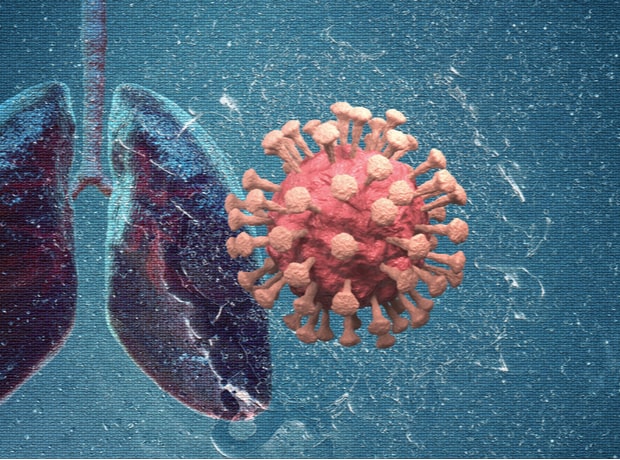Affecting around 3,755 young people in the UK every year, leukaemia is the most commonly diagnosed cancer in children
Researchers from the Wellcome Sanger Institute, Cambridge University Hospitals NHS Trust, Great Ormond Street Hospital and the University of Cambridge have revealed that whole genome sequencing (WGS) can improve the clinical care of children with cancer.
Published in Nature Medicine, the study showed that cutting-edge genomic testing could improve the management of care in real-time while providing more benefits compared to all other current tests combined.
Every year, around 3,755 young people are diagnosed with cancer in the UK, with some of the most prevalent childhood cancers including lymphoma, muscle or bone cancers, neuroblastoma and leukaemia, which is the most commonly diagnosed cancer in children.
WGS is a single test that provides a complete readout of the tumour’s entire genetic code while identifying every single cancer-causing mutation.
Researchers, for the first time, assessed the impact of using WGS in current NHS practice through the NHS Genomic Medicine Service in 281 children with suspected cancer across two children’s cancer centres for solid cancer and leukaemia in England.
After analysing the clinical and diagnostic information, the team found that cancer sequencing provided new insights that improved the immediate clinical care of 7% of children, along with providing the benefits of all current standard tests.
In addition, genome sequencing provided additional information, which helped clinicians better understand the tumours of individual children in 29% of cases and informed future management.
Researchers concluded that WGS provides additional, relevant data about childhood cancer and can reduce the number of tests required, which researchers suggest would be useful for children impacted by cancer by replacing multiple tests that the NHS currently uses if shown to be economically viable.
Dr Jack Bartram, senior author, Great Ormond Street Hospital NHS Foundation Trust and the North Thames Genomic Medicine Service, said: “We hope this research really highlights why WGS should be delivered as part of routine clinical care to all children with suspected cancer.”





